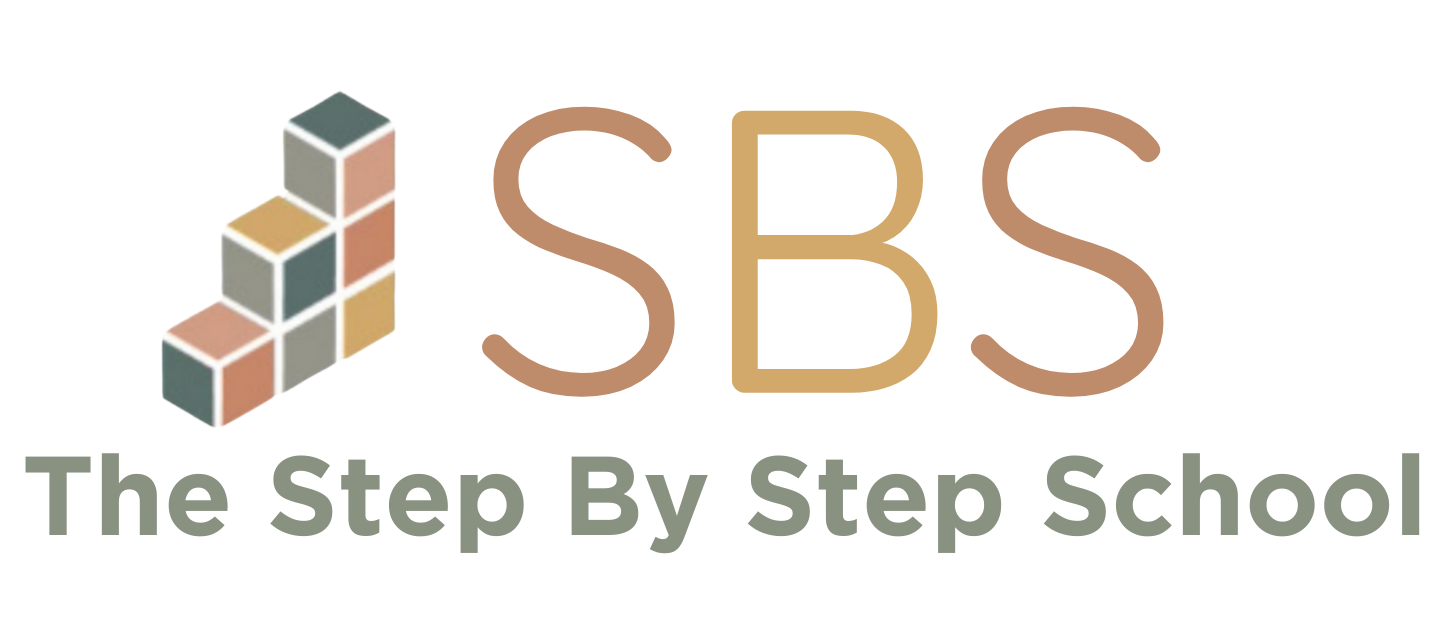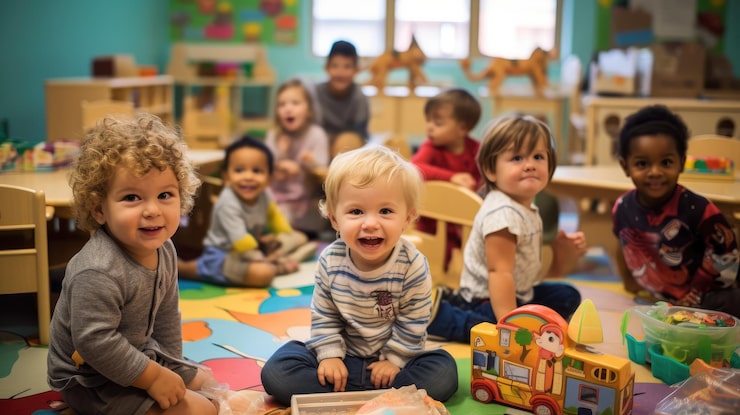Daycare is often viewed as a necessity for working parents. For many families, it provides structure, safety, and peace of mind. What many parents overlook are the deeper benefits daycare offers to a child’s growth. From social development to early academic skills, the advantages reach far beyond daily care. Families in Hudson and Monroe in Hoboken are seeing these results first-hand.
Why Daycare Matters for Child Development
Children thrive in environments where they interact with peers and caring adults. Daycare offers a structured setting that helps children learn routines. This structure supports emotional security and builds independence. According to the American Academy of Pediatrics, routines give children a sense of stability and reduce stress. A daycare center near Hoboken not only provides this structure but also blends it with play and learning.
Daycare helps children experience a range of social interactions early. When your child spends time with other toddlers, they develop sharing, turn-taking, and cooperation skills. These early lessons prepare them for preschool and kindergarten. Parents in Hoboken neighborhoods like Hudson and Monroe value daycare for these skills that cannot be learned at home alone.
The Social Benefits of Daycare
One of the strongest advantages of daycare is peer interaction. Children meet others from different backgrounds and learn respect and empathy. They start to understand how to work in groups, which is a critical skill for school readiness. Research from the National Institute of Child Health and Human Development shows that children in daycare often have stronger language and social skills.
Daycare centers also provide supervised group activities that encourage teamwork. Whether it is building blocks together or listening to a story in a circle, children learn the importance of participation. These interactions create lasting social confidence. Parents near Hudson and Monroe in Hoboken often report their children becoming more outgoing and adaptable after starting daycare.
Emotional Growth Through Daycare
Emotional development is another hidden strength of daycare. Children learn to manage feelings when they are away from home for part of the day. They build resilience as they adjust to a new environment. Teachers help children name their emotions and guide them through conflicts in healthy ways.
Daycare also supports independence. A toddler who learns to put away toys or wash hands without help builds self-confidence. These small tasks add up to stronger self-esteem. In communities like Hoboken, parents see daycare as an extension of their parenting, reinforcing values of responsibility and kindness.
Academic Readiness and Learning Skills
Daycare prepares children for school by exposing them to early academic concepts. Many centers integrate pre-literacy, counting, and problem-solving activities into the daily schedule. This approach helps children build a foundation for reading and math. For example, storytime at daycare improves vocabulary and listening comprehension.
Children who attend daycare are also more likely to adapt quickly to school settings. They are already familiar with sitting for short lessons, listening to teachers, and working with peers. According to the National Association for the Education of Young Children, high-quality daycare improves school readiness. Families in Hudson and Monroe in Hoboken often look for centers that offer structured learning as part of daily play.
Health and Physical Development
Daycare is not only about mental and emotional growth. Physical activity is a core part of the schedule. Children engage in outdoor play, indoor movement, and hands-on activities that build motor skills. Climbing, running, and art projects help toddlers strengthen muscles and coordination.
Centers also encourage healthy habits. Hand washing, proper eating routines, and rest times become part of daily life. These practices create a foundation for long-term wellness. In Hoboken, parents value daycare programs that include balanced meals and physical playtime, especially in neighborhoods like Hudson and Monroe where active city life surrounds children.
Building Community and Support Networks
Another overlooked benefit of daycare is the community it builds. Parents connect with other families, forming friendships and support systems. Teachers provide feedback and guidance, becoming trusted partners in raising children. These connections are especially valuable for families new to areas like Hoboken.
Local daycare centers near Hudson and Monroe serve as gathering places where parents share experiences. This community aspect helps families feel less isolated and more supported. The relationships formed in daycare often extend into school years, strengthening local ties.
How to Choose the Right Daycare
Not all daycare centers are the same. Parents should evaluate programs based on teacher qualifications, safety standards, and learning environments. Visiting a center in person helps you see how staff interact with children. Look for centers that balance play with learning, maintain small group sizes, and offer clear communication with parents.
Websites like ChildCare.gov provide resources for evaluating daycare quality. Parents in Hoboken often prioritize centers with strong reputations in the Hudson and Monroe areas. Choosing the right daycare sets the foundation for your child’s growth in all areas.
Conclusion
Daycare is more than a service for busy families. It shapes children socially, emotionally, and academically. The structured environment, supportive teachers, and peer interactions prepare children for lifelong learning. For parents in Hudson and Monroe in Hoboken, daycare offers an essential blend of education and community.
If you are considering daycare for your toddler, explore our resources and connect with us for guidance. Find out how local programs near Hoboken can support your child’s growth. Take the first step today toward giving your child the benefits that last well beyond daycare.
FAQs
1. What age is best to start daycare?
Most children start daycare between 12 and 18 months, but some families choose earlier or later. The best age depends on your child’s needs and your family schedule. Starting daycare at toddler age helps build social skills early.
2. How does daycare help with social development?
Daycare introduces children to peers and group activities. They learn sharing, teamwork, and respect. These skills prepare them for school and social life. Daycare settings also provide guidance from teachers, reinforcing positive behavior.
3. What should I look for in a daycare center?
Look for qualified staff, safe facilities, and balanced schedules. Visit in person to see how teachers interact with children. Ask about communication with parents. In Hoboken, families near Hudson and Monroe often choose centers known for strong community ties.
4. Does daycare improve academic readiness?
Yes, daycare includes early learning activities like storytime, counting, and problem-solving. These prepare children for reading and math in school. Studies show children in daycare are more ready for structured learning.
5. How does daycare support emotional growth?
Daycare teaches independence and resilience. Children learn to manage feelings, adapt to routines, and build confidence. Teachers guide children through challenges and reinforce emotional health.









